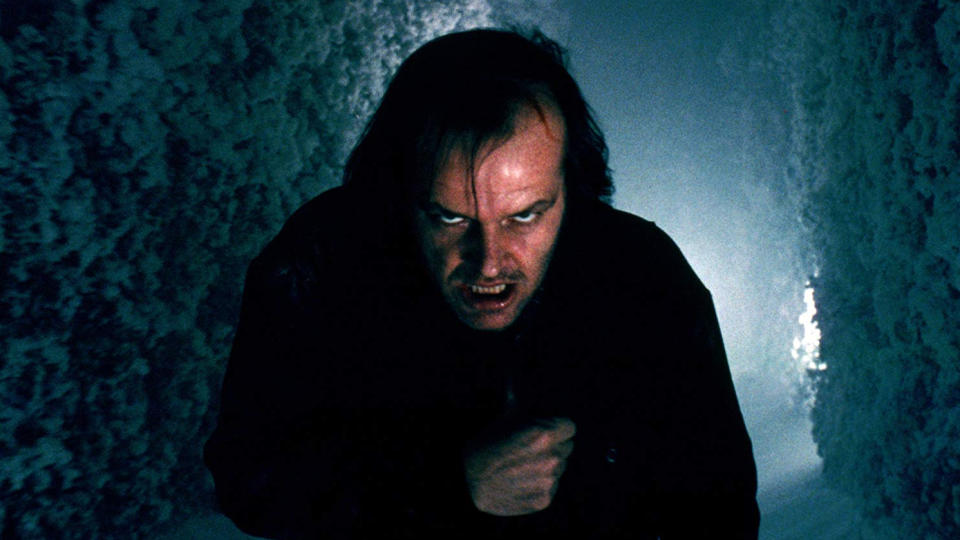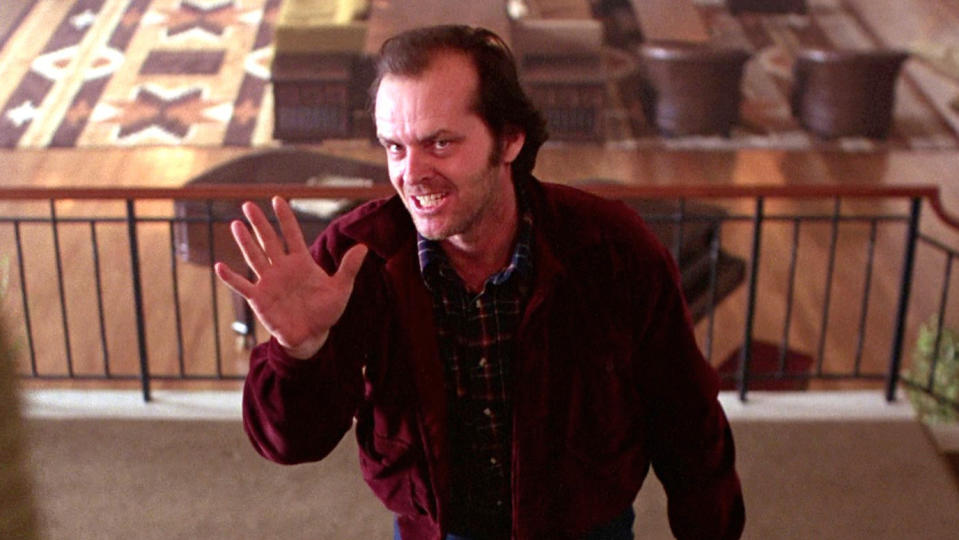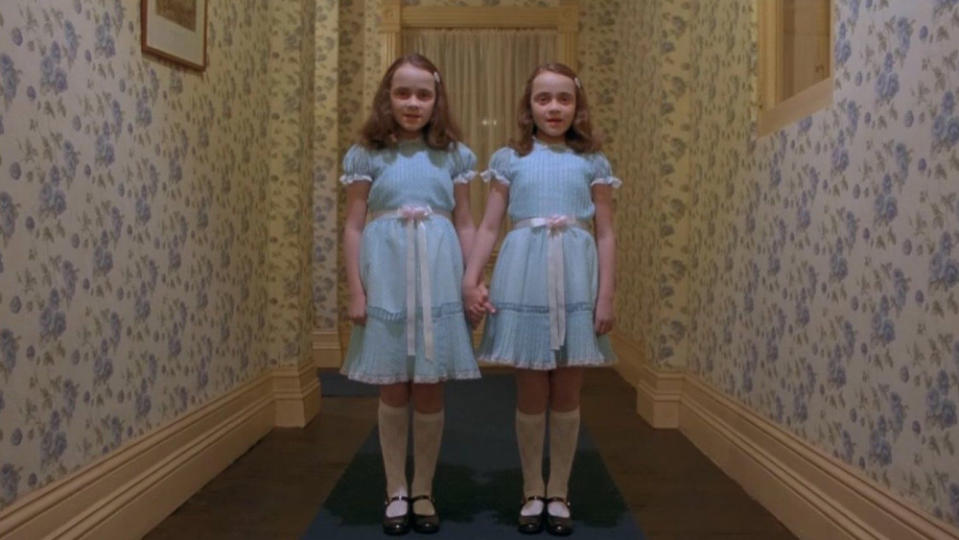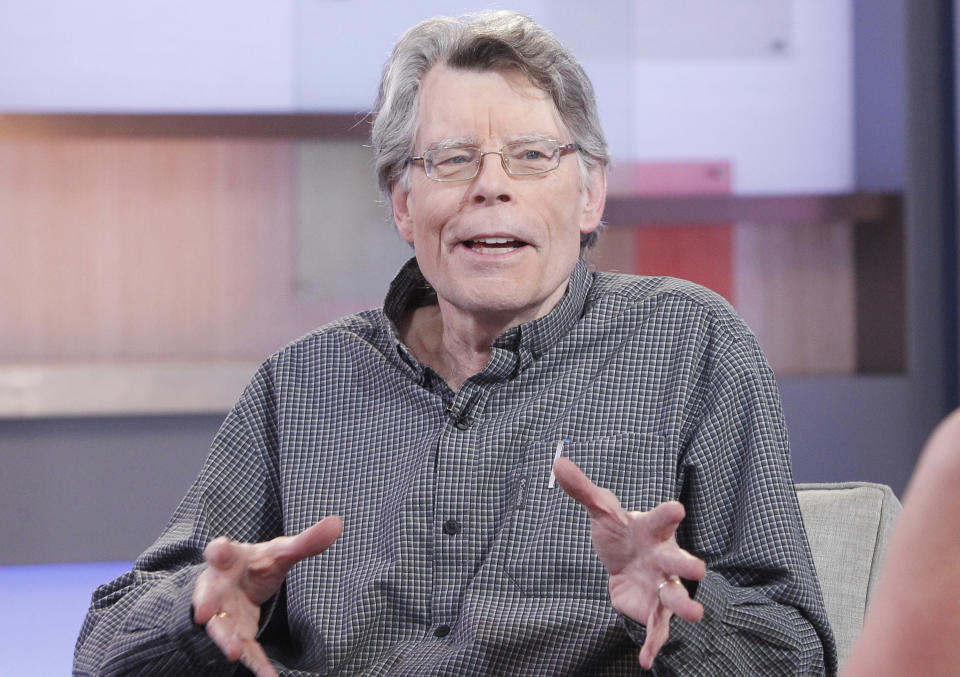Stephen King hates Stanley Kubrick's 'The Shining' — but why?

Just in time for Halloween, Doctor Sleep is creeping its way into UK cinemas. Based on Stephen King’s 2013 novel, the film is a sequel to The Shining, with director Mike Flanagan uniting the visions of King and the original film’s director Stanley Kubrick to produce something which pays homage to both of his idols.
Satisfying both creative voices is no mean feat given that King and Kubrick are, historically, a long way apart on The Shining. King has always been protective of his work — he has almost certainly been adapted more often than any living author — and Kubrick’s film is the one he most infamously dislikes. The horror author has frequently spoken of his disdain for the 1980 movie and he even adapted the novel himself for a mostly forgotten TV miniseries in 1997.
Read more: Mixed reviews land for Doctor Sleep
But why exactly does King dislike the film so much? It’s one of the most universally acclaimed and beloved adaptations of his work, helmed by a director widely believed to be one of the greatest of all time. But for King, the problems run deep.
Jack Nicholson

King didn’t like Jack Nicholson for the role of Jack Torrance. He believed that, because Nicholson was so associated with his character in One Flew Over the Cuckoo’s Nest, audiences would already assume he was insane, leaving Torrance’s descent into madness as something of an afterthought. In an interview with Deadline, King said that it is apparent in Nicholson’s very first scene that the character is “crazy as a s**t house rat” and “all he does is get crazier” as the story progresses. “In the book, he’s a guy who’s struggling with his sanity and finally loses it. To me, that’s a tragedy,” King said. “In the movie, there’s no tragedy because there’s no real change.”
Read more: Axe from The Shining sells at auction
The author reportedly favoured a more wholesome, everyman actor for the role of Torrance, suggesting the likes of Midnight Cowboy’s Jon Voight or TV star Michael Moriarty. Kubrick stuck with Nicholson, though, and the performance stands as one of the actor’s most memorable, regardless of what King thinks.
The Supernatural

Tied to Nicholson’s portrayal of Torrance is the difference between the motivations of evil in the two versions of The Shining. King has stated that his book essentially depicts Torrance as a victim of the malevolent power of the Overlook Hotel, whereas he believes the film to showcase the hotel as simply unlocking the evil that was already present within the character. The author famously described Kubrick as “a man who thinks too much and feels too little”, claiming he could not grasp the supernatural elements of the story.
King has repeatedly expressed admiration for Kubrick as a filmmaker, writing in his non-fiction book Danse Macabre that he shows “an almost exquisite sensitivity to the nuances of light and shadow”. However, his most frequently cited quote describes The Shining as “a Cadillac with no engine”, suggesting it’s all style and no substance.
Alcoholism

The Shining was a very personal novel for King, with Torrance’s alcoholism a mirror of the author’s own struggles with substance abuse. This theme, indeed, plays a big part in the story of Doctor Sleep, with Ewan McGregor portraying an older Danny Torrance, battling an alcoholism he seems to have inherited in part from his father. King has expressed his disappointment that this theme is less prominent in the film version of The Shining, connected perhaps to the aforementioned fact that Nicholson’s take on Torrance required little corruption to become the killer he is by the end of the story.
Wendy

King was upset with the casting of Nicholson, and he wasn’t crazy about the portrayal of Wendy Torrance by Shelley Duvall either. In an interview with The Paris Review in 2006, King described the movie’s characterisation of Wendy as “insulting to women” and said Kubrick turned her into “basically a scream machine”. The author said Kubrick’s film was “cold” and had “no sense of emotional investment in the family whatsoever”, with Duvall’s Wendy very much the symbol of that emotional disconnect.
Read more: Rebecca Ferguson wouldn’t be shocked by Doctor Sleep sequel
Indeed, Duvall’s portrayal of Wendy was one of the most heavily critiqued elements of The Shining when it was originally released. Duvall was nominated for a Razzie Award for Worst Actress and, since then, reports of the turmoil she went through on the set have become apparent. Kubrick’s notoriously meticulous approach forced Duvall into dozens of takes of anguish-stricken scenes and the actor herself said in the book The Complete Kubrick that she was “in and out of ill health” as a result of how far she was pushed by the director.
Wendy Torrance remains one of the most divisive characters in horror cinema. It’s clear which side of that debate King is on.
The Hotel

At the end of the novel The Shining, the Overlook Hotel burns down in an explosion caused by a defective boiler. In the film, however, it is left standing. In the aforementioned interview with The Paris Review, King said that the respective finales “tell you all you need to know” about the differing approaches to the material. He added: “Near the end of the novel, Jack Torrance tells his son that he loves him, and then he blows up with the hotel. It’s a very passionate climax. In Kubrick’s movie, he freezes to death.”
Read more: Inside The Shining’s bleeding lift
King was also disappointed that Kubrick refused to shoot the film at The Stanley Hotel in Colorado, which had inspired the original novel. The location would be used for the 1997 miniseries, which handed the author far more creative control.
Doctor Sleep is out in UK cinemas from today.

 Yahoo Movies
Yahoo Movies 